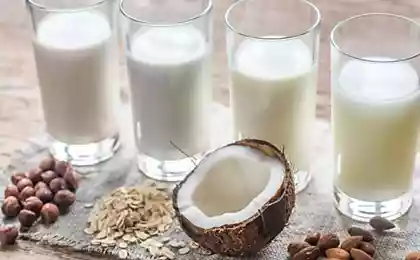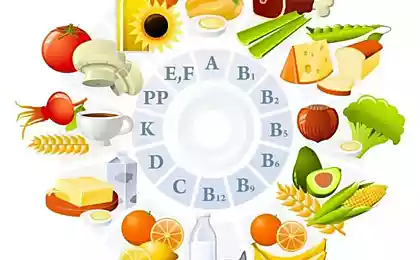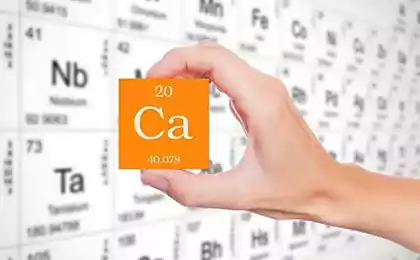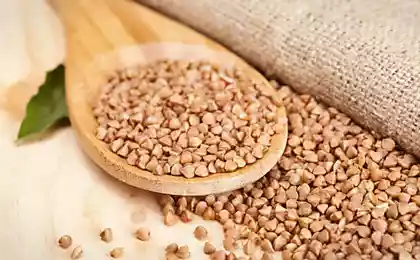489
Cow or soy milk?
Cow's milk contains fats that in today's world where healthy eating is becoming more popular, people are taking reservations. Replacements see in soy milk. But it can replace vegetable milk from soybeans for nutrient cow's milk?
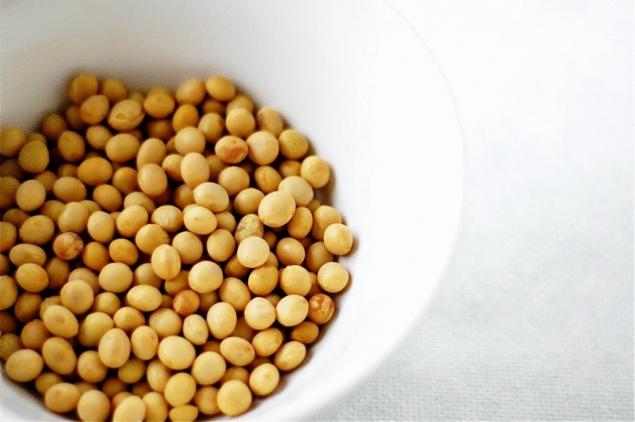
Calcium: cow's milk contains protein and calcium which help strengthen bones. A glass of cow's milk may provide 30 percent of the daily value of calcium and 8 grams of protein. Calcium is naturally produced in the milk of animals, but it must be added to dairy substitutes during processing to improve nutritional value. As a result, the vegetable milk contains more calcium than cow. Thus, soy, coconut, almond and sunflower milk products can provide about 45 percent of the daily requirement of calcium. But we must bear in mind that it is produced not by natural means.
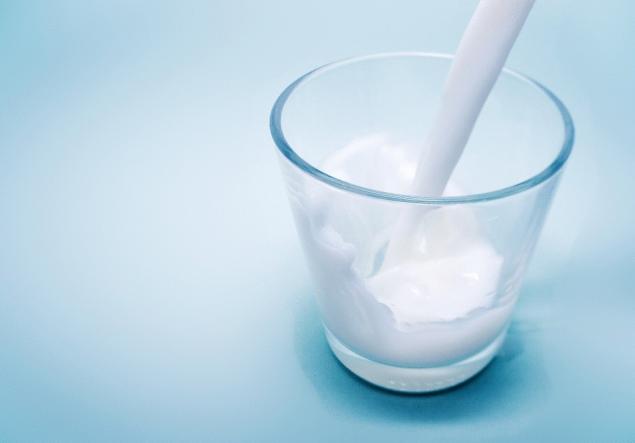
Protein: As mentioned earlier, a glass of cow's milk contains 8 grams of protein. While coconut, sunflower seeds, almonds contain only 1 gram of protein per serving of a dairy product. The closest protein to the natural – soy milk with 6 grams.
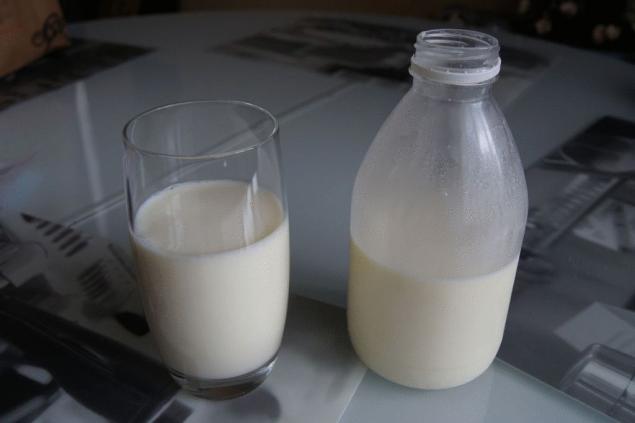
Fats: with the exception of milk, vegetable substitutes are low in saturated fat and contain no cholesterol. Replacement of the product we eliminate the lactose and intolerance to this substance some people.
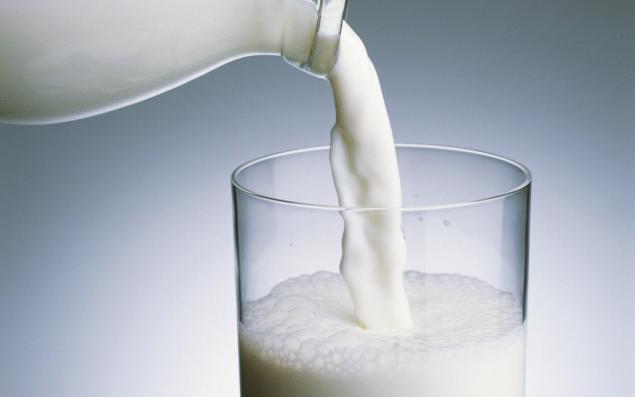
Vitamins and other nutrients: cow's milk and vegetable substrates have advantages in terms of vitamins and other nutrients. Natural milk is a source of vitamins and minerals such as potassium, phosphorus and vitamin D. a Cup of milk with almonds or sunflower seeds provides half the daily requirement of vitamin E – antioxidant that strengthens the immune system. Sunflower oil provides 60 percent of the daily value for phosphorus.
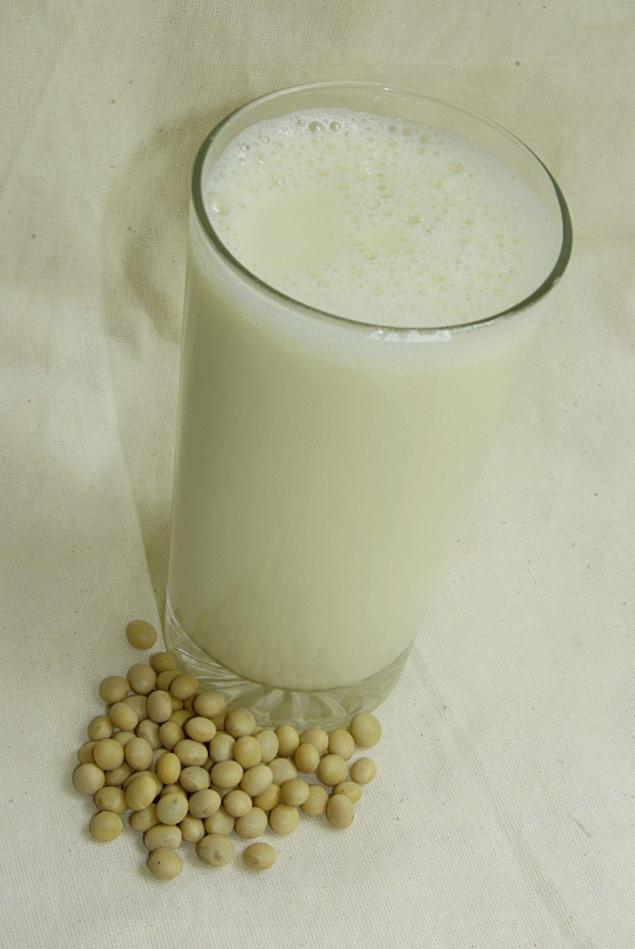
As for soy milk it contains isoflavones, a type of phytoestrogens. Ambiguous interpretation of their influence on the human body. According to one, the isoflavones prevent cancer – have anti-carcinogenic properties. Others are proactive – we need to be cautious people who has a high risk of cancer.
Source: /users/155

Calcium: cow's milk contains protein and calcium which help strengthen bones. A glass of cow's milk may provide 30 percent of the daily value of calcium and 8 grams of protein. Calcium is naturally produced in the milk of animals, but it must be added to dairy substitutes during processing to improve nutritional value. As a result, the vegetable milk contains more calcium than cow. Thus, soy, coconut, almond and sunflower milk products can provide about 45 percent of the daily requirement of calcium. But we must bear in mind that it is produced not by natural means.

Protein: As mentioned earlier, a glass of cow's milk contains 8 grams of protein. While coconut, sunflower seeds, almonds contain only 1 gram of protein per serving of a dairy product. The closest protein to the natural – soy milk with 6 grams.

Fats: with the exception of milk, vegetable substitutes are low in saturated fat and contain no cholesterol. Replacement of the product we eliminate the lactose and intolerance to this substance some people.

Vitamins and other nutrients: cow's milk and vegetable substrates have advantages in terms of vitamins and other nutrients. Natural milk is a source of vitamins and minerals such as potassium, phosphorus and vitamin D. a Cup of milk with almonds or sunflower seeds provides half the daily requirement of vitamin E – antioxidant that strengthens the immune system. Sunflower oil provides 60 percent of the daily value for phosphorus.

As for soy milk it contains isoflavones, a type of phytoestrogens. Ambiguous interpretation of their influence on the human body. According to one, the isoflavones prevent cancer – have anti-carcinogenic properties. Others are proactive – we need to be cautious people who has a high risk of cancer.
Source: /users/155



